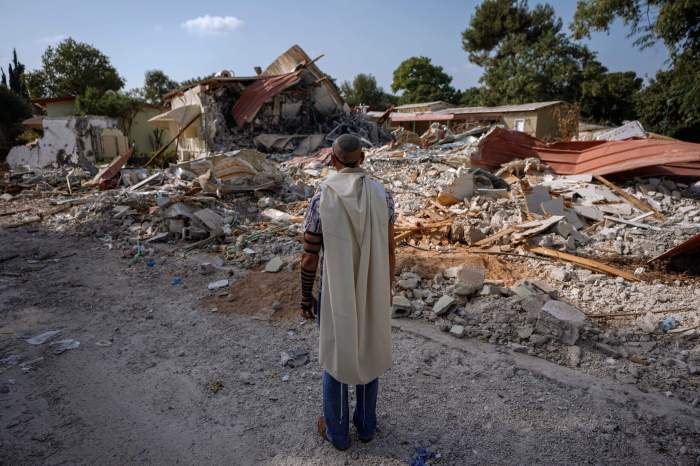If you’re like most Americans, you already have plans for the big day. You know where you’re watching Sunday’s Super Bowl and with whom. You’re bringing the wings or the beer, you’re making guacamole or chili, you’re arguing over the relative merits of quarterbacks Peyton Manning and Cam Newton, and you’re snapping up boxes in the office grid pool.
Just don’t forget Ken Stabler.
He, too, was a quarterback and he led the Oakland Raiders to a Super Bowl victory 39 years ago. On Wednesday, he became the latest in a long list of former and now-deceased NFL players found to have suffered from a degenerative brain disease known as CTE. The condition — which affects thinking, memory, mood and behavior — is caused by repeated blows to the head. Stabler, whose brain was removed for study after his death in July, is one of more than 100 former players found to have suffered from CTE.
A few days earlier, the NFL said that concussions rose 58 percent in this year’s regular-season games compared with 2014. Whether that’s because the number is indeed up or because the league is better at detecting and reporting concussions, the NFL clearly has not solved this serious problem despite recent attempts at reform.
And it isn’t only the pros. In a survey, 42 percent of trainers at major colleges say they were pressured by coaches to put a player back in a game after suffering a concussion. A Newsday series last fall found hundreds of substandard helmets at local high schools. As many as 70 percent of high school players will sustain a concussion. Youngsters everywhere watch what their idols do, and follow.
We don’t mean to dampen Super Bowl enthusiasm. But more must be done about the high cost of playing football. Rules and penalties can be toughened, better equipment and education can be mandated, and the NFL can and should provide health care for retired players beyond the current five years, because problems from playing this violent game often emerge years later.
Football must be made safer, so that enjoying this national spectacle is no longer a guilty pleasure.

















